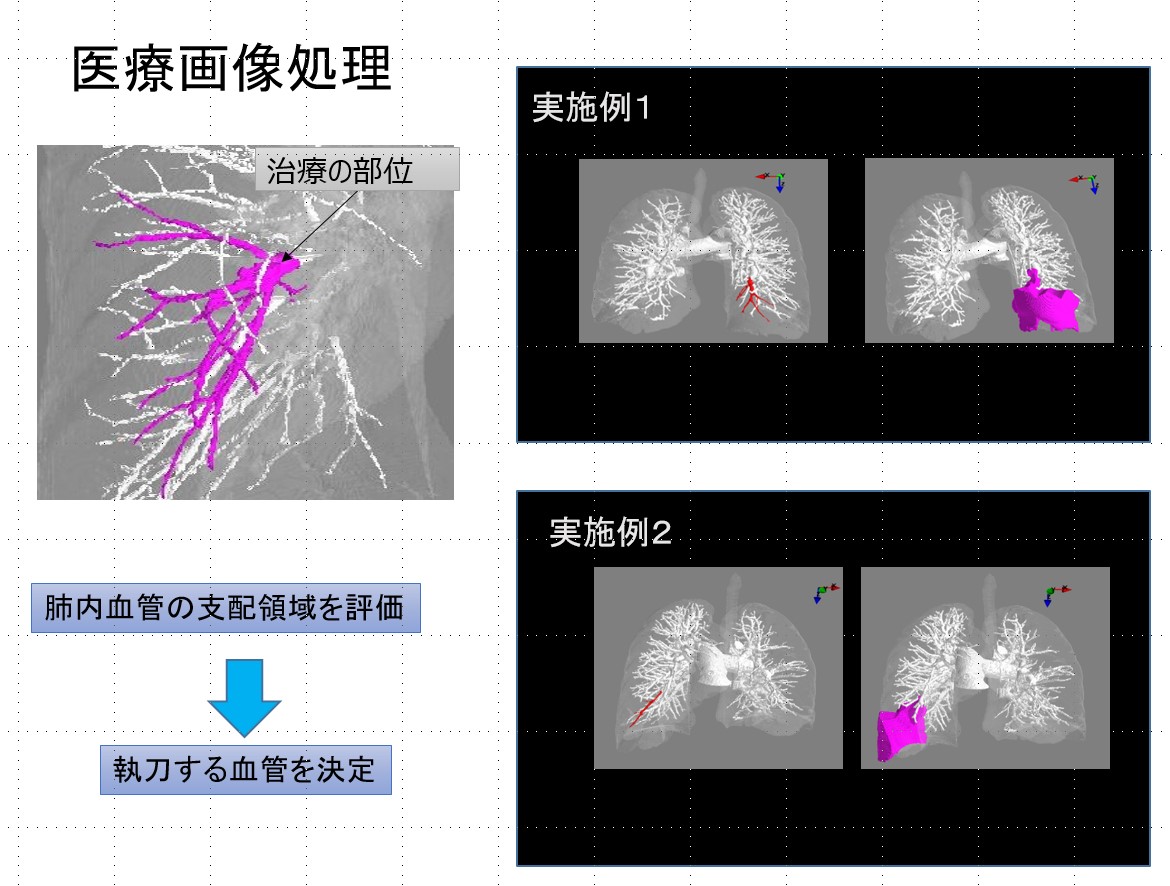Hata Laboratory
When I was a visiting scholar at the University of California, Berkeley back in 1994, Professor Lotfi A Zadeh said to me, “Choose one of the three fields of studies that our world needs: military, financial and medical, and try the best one of them.”
Led by his word, I have been conducting full-scale medical research since 1995.
Research in the field of health care has high expectations for humanity due to the development of AI. Let’s aim to contribute to humanity and society in this field and revitalize the economy by building a new diagnostic and therapeutic system, such as
・ Medical image diagnosis support such as ultrasound, MRI, X-ray CT, and Echo scanners.
・ Rehabilitation support system.
・ Disease diagnosis by human behavior.
Medical and Health Care Applications Aided by Information Technology
Information technology (IT) has become the primary technology in the current medical practice and health care by using high performance computers with low cost. In it, Especially, Soft computing defined by Prof. Lotfi A Zadeh (UC Berkeley) is a consortium of methodologies that exploit a tolerance for imprecision, uncertainty and partial truth. Results are achieved with tractability, robustness and a rapport with reality. These results are often better than that what is achieved through the exclusive use of conventional (hard) computing. The principal members of soft computing are for the most part synergistic and complementary. The main ideas of soft computing were brought forth by the confluence of fuzzy logic, neural networks, and probabilistic reasoning. Other ingredients include evolutionary algorithms, rough sets, chaos theory, belief networks and, although only partially, learning theory. In soft computing, each constituent contributes a distinct methodology for addressing problems in its domain. This is done in a complementary, rather than competitive way. Especially, I am now interested in realization of human reasoning, multiple-valued logic design and medical imaging applications.
I have been studying medical and health related system since 1995. My current research topics are:
MEDICAL SYSTEM: Medical imaging has evolved at an explosive rate in the past few years. High-resolution, three-dimensional anatomical information can now be obtained in a routine manner with magnetic resonance imaging(MRI) and computer-aided tomography(CT) and Ultrasonic Imaging. Three-dimensional functional imaging of blood flow and metabolic information can be obtained from positron emission tomography(PET) images, and functional four-dimensional electrophysiology (EEG) and evoked potential information can be obtained using high-speed computers. Its primary procedures are said to be “segmentation”, “registration” and “enhancement”. I add one more” Prediction ” to the three. I currently study perdition medicine aided by simulation science.
HEALTH CARE SYSTEM : Due to the huge cost of medical fee of about 40 % in national budget, Japan faces to save the cost. The most promising way to save the cost is keeping the all Japanese people healthy. To control health condition, a wearable device including smart phones receives much considerable attentions. Especially, smartphone software aimed at weight control, sleeping recording, food calorie calculation, pedometer, blood pressure recording is used for many users. Wearable devices to record life log are also popular. While, all most Japanese people receives medical checkup. Medical checkup over 40 years old people employs breast X-ray, weight and height, blood pressure, eye test, blood test, and stomach X-ray. These data would be useful to find how to keep them healthy. Cloud computing gives us a wonderful solution to solve this problem. Health related system and its market with information technology would be receive much more attentions in the world. This direction is the most promising way to keep all people healthy in the world.
Key words:
1. Medical Imaging System
2. Ultrasonic Diagnostic Imaging
3. Health Monitoring System
4. Medical Informatics
5. Medical Signal Processing






